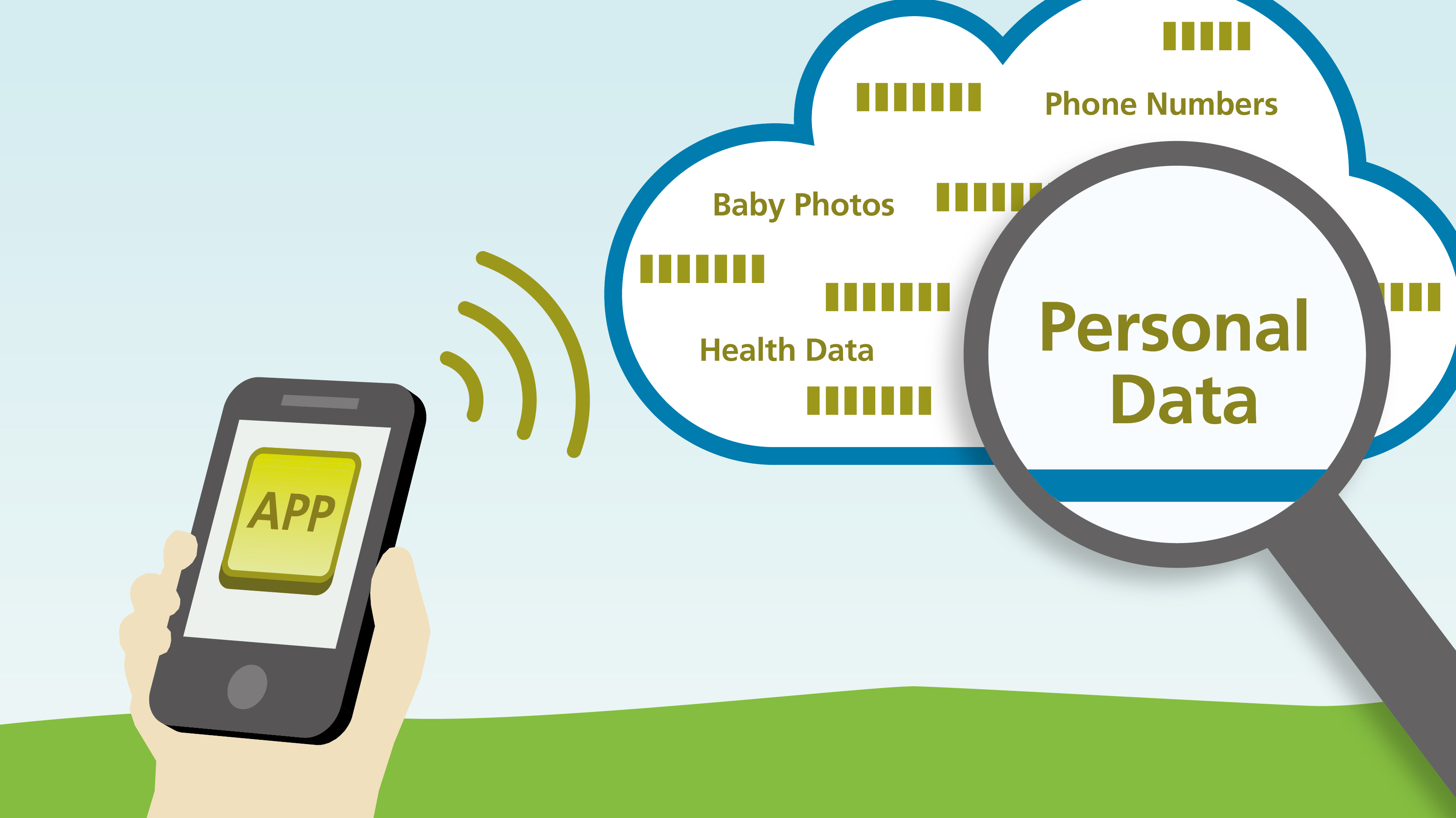We are happy to announce IccTA, a new tool for tracking data flows between Android components and even between Android applications. IccTA is a joined work together with Li Li, Alexandre Bartel, Jacques Klein, Yves Le Traon from the University of Luxembourg, Damien Octeau and Patrick McDaniel from the Pennsylvania State University, Steven Arzt, Siegfried Rasthofer and Eric Bodden from EC SPRIDE. IccTA is a tool performing static taint analysis for one or multiple Android applications. It leverages Epicc to connect Android components and FlowDroid to model the life-cycles of components and perform the taint analysis.
The taint analysis is performed intra- and inter-components, which improves the precision of the analysis. IccTA outperforms all other available tools (FlowDroid and AppScan) by reaching a precision of 95.0% and a recall of 82.6% on DroidBench.
When analyzing multiple applications, IccTA first merges them into one then performs the analysis.
Almost exactly the same moment, there came up an additional tool call DidFail from the Carnegie Mellon University, which is a similar approach to IccTA.
IccTA and DidFail both rely on Epicc and FlowDroid to find data leaks between components of Android applications. They can both detect intra- and inter-component leaks within a single application or between multiple applications. Even though they leverage the same tools to compute links between components and perform data-flow analysis, the implementations differ in term of precision.
In the following we would like to do a rough comparison of both tools:
Continue reading →


 Our taint-analysis framework
Our taint-analysis framework 